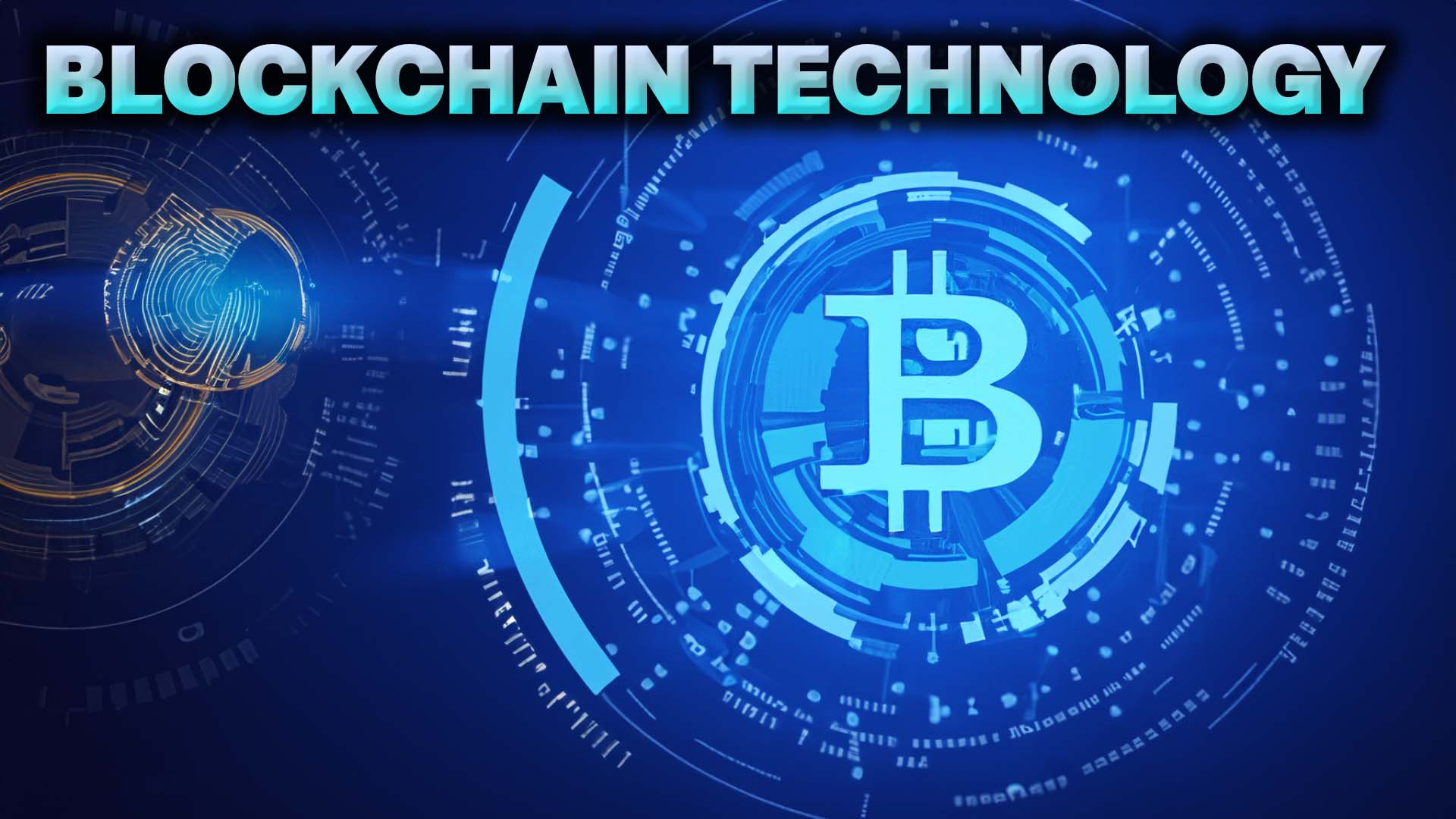What is blockchain technology?
Blockchain technology is a decentralized and distributed digital ledger system that allows for the secure and transparent recording and verification of transactions across a network of computers. At its core, a blockchain is a continuously growing chain of blocks, where each block contains a list of transactions or other data.
The defining characteristic of blockchain technology is its decentralized nature. Unlike traditional centralized systems where data is stored and controlled by a single authority, a blockchain operates on a network of computers, known as nodes, that collectively maintain and update the ledger. Each node stores a complete copy of the blockchain, ensuring that no single entity has control or ownership over the entire system.
The foundation of blockchain technology lies in its use of cryptographic techniques. Transactions and data recorded on the blockchain are secured through complex cryptographic algorithms, which ensure that the information cannot be tampered with or altered. This immutability of the blockchain provides a high level of security and trust, making it difficult for malicious actors to manipulate or forge transactions.
Another key feature of blockchain technology is transparency. Every transaction recorded on the blockchain is visible to all participants in the network. This transparency promotes accountability and trust, as each participant can independently verify the integrity of the data without relying on a central authority.
The foundation of blockchain technology lies in its use of cryptographic techniques. Transactions and data recorded on the blockchain are secured through complex cryptographic algorithms, which ensure that the information cannot be tampered with or altered. This immutability of the blockchain provides a high level of security and trust, making it difficult for malicious actors to manipulate or forge transactions.
Another key feature of blockchain technology is transparency. Every transaction recorded on the blockchain is visible to all participants in the network. This transparency promotes accountability and trust, as each participant can independently verify the integrity of the data without relying on a central authority.

How does blockchain work?
Blockchain technology operates through a consensus mechanism, which allows participants in the network to agree on the validity of transactions and the order in which they are added to the blockchain. Various consensus algorithms are used, such as Proof of Work (PoW) or Proof of Stake (PoS), which require participants to solve computational puzzles or stake their own cryptocurrency as collateral to validate transactions.
Blockchain technology finds its most prominent application in cryptocurrencies like Bitcoin and Ethereum, where it serves as the underlying technology for recording and verifying transactions. However, its potential extends far beyond cryptocurrencies. Blockchains can be used to create smart contracts, which are self-executing agreements with predefined rules that automatically trigger actions when specific conditions are met. This enables the development of decentralized applications (dApps) that eliminate the need for intermediaries in various industries such as supply chain management, finance, healthcare, and more.
In summary, blockchain technology is a decentralized and transparent digital ledger system secured by cryptography. It allows for the secure recording and verification of transactions, enabling trust and removing the need for intermediaries. With its potential to transform various industries, blockchain technology is seen as a groundbreaking innovation with far-reaching implications for the future.
Blockchain technology finds its most prominent application in cryptocurrencies like Bitcoin and Ethereum, where it serves as the underlying technology for recording and verifying transactions. However, its potential extends far beyond cryptocurrencies. Blockchains can be used to create smart contracts, which are self-executing agreements with predefined rules that automatically trigger actions when specific conditions are met. This enables the development of decentralized applications (dApps) that eliminate the need for intermediaries in various industries such as supply chain management, finance, healthcare, and more.
In summary, blockchain technology is a decentralized and transparent digital ledger system secured by cryptography. It allows for the secure recording and verification of transactions, enabling trust and removing the need for intermediaries. With its potential to transform various industries, blockchain technology is seen as a groundbreaking innovation with far-reaching implications for the future.




